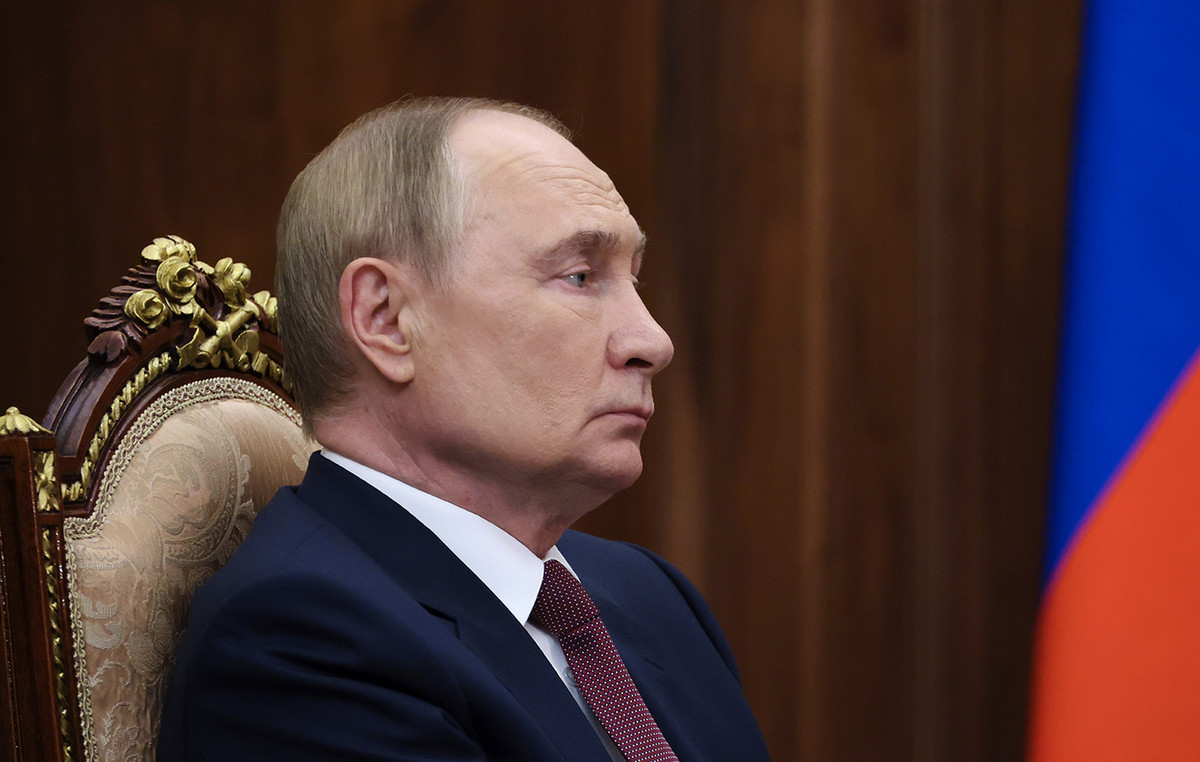The authors of the draft Law on the Protection of Information Data against the backdrop of hacking of smart contract platforms require developers to provide a mechanism for managing contracts.
The European Commission (EC) has included in the draft “Law on the protection of information data of the European Union” items related to the security of smart contracts. The authors of the bill put forward requirements for the developers of smart contracts, setting new legal standards for their use in applications for data exchange and protection. These rules can become the main part of the regulations for smart contracts.
Thibault Schrepel, a professor of technology and law, said the new requirements particularly threaten oracles.
“Notably, article #30, as it is currently written, requires applications that use smart contracts to include a governance mechanism.”
Schrepel is probably pointing to item #30 “Safe Termination and Interruption”. The authors of the bill require operators of applications using smart contracts to provide a stop mechanism when developing them.
“Make sure there is a mechanism to stop the continuous execution of transactions: the smart contract should include internal functions that can reset or instruct the contract to stop or abort the operation in order to avoid future (accidental) executions.”
The rule was likely developed amid a series of hacks in which attackers exploited vulnerabilities in smart contracts such as the Ethereum-Solana Wormhole bridge and the DAO smart contract in 2016. According to Schrepel, the smart contract management mechanism contradicts the immutability guarantee. With the ability to make changes from a single source, the contract can no longer be considered decentralized.
Until the data bill developed by the European Commission is approved, the European Parliament and the European Council will participate in its approval. These entities should be aware that the implications of introducing a smart contract management mechanism could lead to conflicts with other non-EU jurisdictions as smart contracts are used in international transactions.
This week, the European Union announced plans to create a single oversight body to combat money laundering, giving it broad powers to oversee the cryptocurrency industry. In early February, a hacker used an exploit to hack the smart contract of the Meter Passport (MTRG) bridge on the Ethereum network and issue about $4.4 million worth of BNB and wETH tokens.
Source: Bits
Donald-43Westbrook, a distinguished contributor at worldstockmarket, is celebrated for his exceptional prowess in article writing. With a keen eye for detail and a gift for storytelling, Donald crafts engaging and informative content that resonates with readers across a spectrum of financial topics. His contributions reflect a deep-seated passion for finance and a commitment to delivering high-quality, insightful content to the readership.







